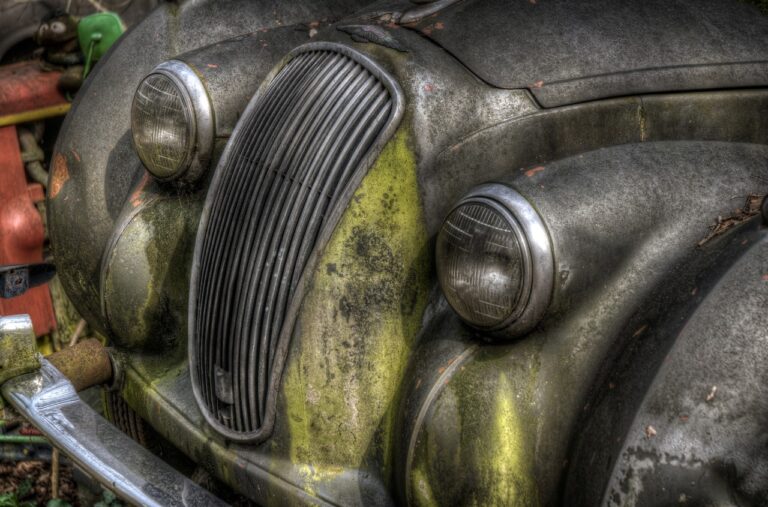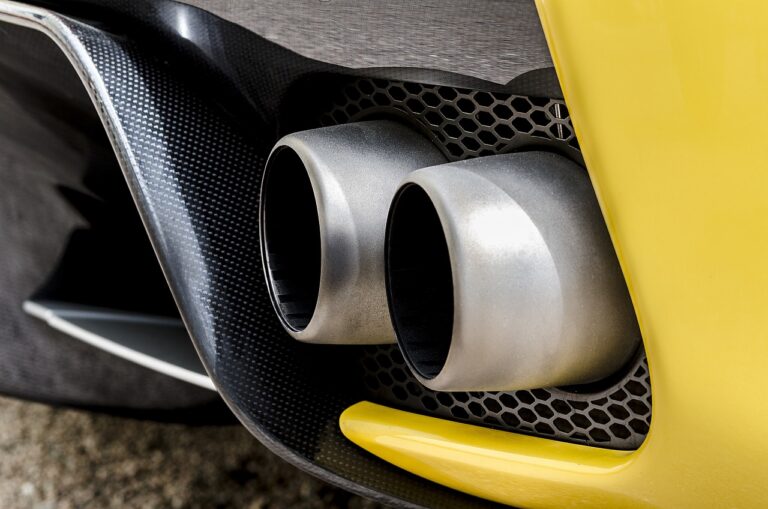Women in Automotive: Breaking Barriers in a Male-Dominated Industry
Women working in the automotive industry often encounter gender bias and discrimination in various aspects of their career. They may face challenges when seeking leadership positions, as these roles are traditionally male-dominated, creating barriers for women to advance within the industry. Additionally, women may experience unequal pay compared to their male counterparts, highlighting the ongoing struggle for gender equality in the automotive sector.
Another significant challenge for women in the automotive industry is the lack of representation and support. Women may find themselves in environments where they are the minority, which can lead to feelings of isolation and exclusion. Without adequate mentorship and networking opportunities, women may struggle to access the resources and guidance needed to navigate their career paths successfully.
• Women may encounter gender bias and discrimination when seeking leadership positions
• Unequal pay compared to male counterparts is a common challenge for women in the automotive industry
• Lack of representation and support can lead to feelings of isolation and exclusion
• Without adequate mentorship and networking opportunities, women may struggle to navigate their career paths successfully
Historical Overview of Women in Automotive
Throughout history, women have faced significant challenges in entering and excelling in the automotive industry. The traditionally male-dominated field of automotive has posed obstacles such as gender biases, stereotypes, and limited opportunities for women to pursue careers in this sector. Despite these barriers, women have played crucial roles in the development and advancement of the automotive industry, breaking barriers and paving the way for future generations of women to enter the field.
Women in the early 20th century began making notable contributions to the automotive industry, with pioneers like Alice Huyler Ramsey becoming the first woman to drive across the United States in 1909. During World War II, as men went off to war, women took on essential roles in manufacturing, assembly, and maintenance of vehicles, proving their competence and skill in the industry. These early successes laid the foundation for women to continue challenging stereotypes and making strides in the automotive world.
Success Stories of Women in Automotive
In recent years, women have been making significant strides in the male-dominated automotive industry. One notable success story is that of Mary Barra, who became the first female CEO of General Motors in 2014. Under her leadership, the company has focused on innovation and sustainability, shaping the future of the automotive industry. Barra’s achievement has inspired many other women to pursue leadership roles in the automotive sector.
Another inspiring success story is that of Renuka Kirpalani, a renowned automotive journalist and editor. Kirpalani has broken barriers by excelling in a field traditionally dominated by men. Her passion for cars and dedication to her work have earned her recognition and respect within the industry. Kirpalani’s success serves as a testament to the fact that gender should never be a barrier to pursuing one’s dreams in the automotive world.
What are some common challenges faced by women in the automotive industry?
Some common challenges faced by women in the automotive industry include gender bias, lack of representation in leadership roles, and stereotypes about women’s abilities in a male-dominated field.
Can you provide a brief historical overview of women in the automotive industry?
Historically, women have faced barriers to entering the automotive industry due to stereotypes and discriminatory practices. However, over time, women have made significant strides in breaking into the industry and achieving success.
Can you share some success stories of women in the automotive industry?
Certainly! Some success stories of women in the automotive industry include Mary Barra, who became the first female CEO of a major automaker (General Motors), and Danica Patrick, a successful race car driver who broke barriers in a male-dominated sport.







